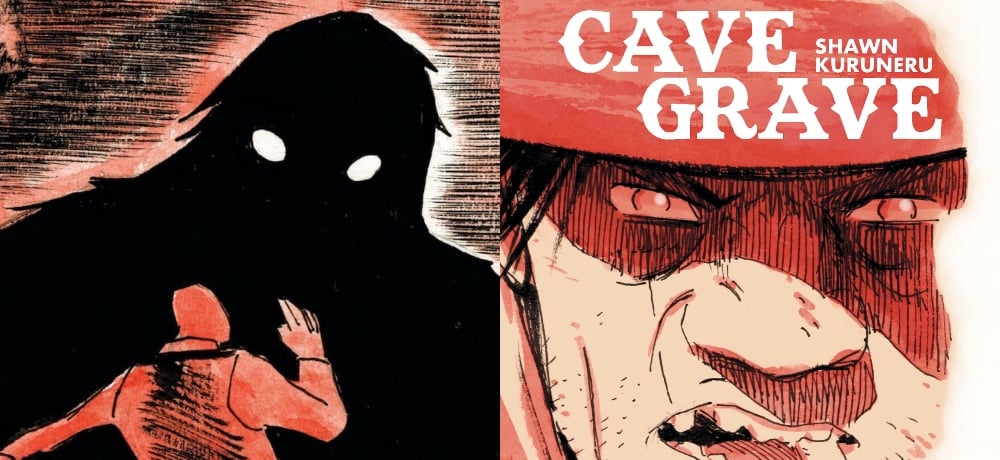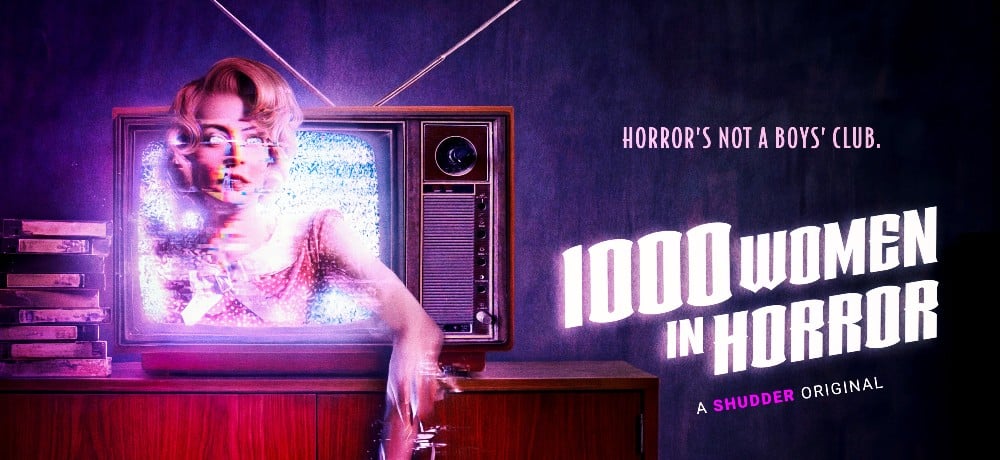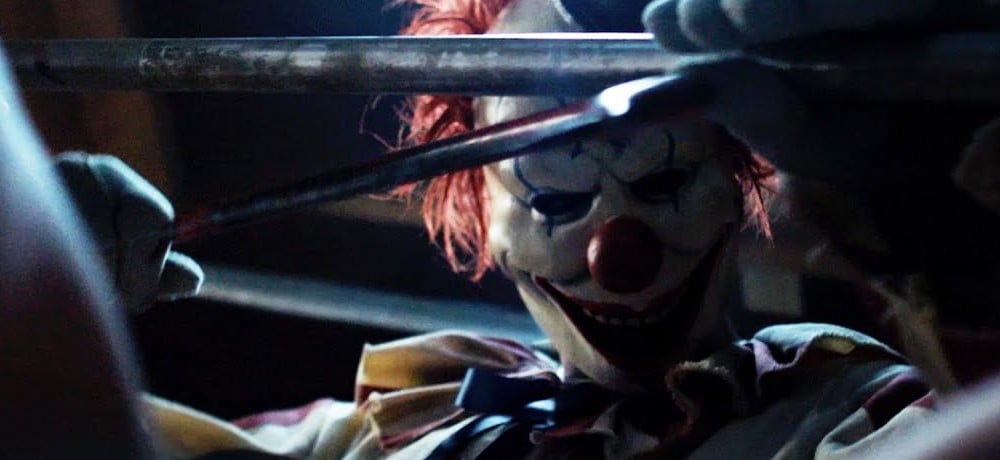






The kids are not all right in Clown in a Cornfield. Based on Adam Cesare’s bloody breeze of a book, which spawned a trilogy, the horror comedy goes big on kills and laughs. Behind all the carnage, though, there’s a John Hughes-esque respect for the teens, the heroes in Clown in a Cornfield.
The problem isn’t “kids today.” It’s adults today.
As Frendo the Clown rips through one kid after another in a midwestern town, Quinn Maybrook (Katie Douglas) and her friends are left to fight and survive on their own. Tucker & Dale vs. Evil director Eli Craig brings his reliable eye for fun to the material. The adaptation is more comical than the book, but the soul of the story remains intact.
The fact that Cesare taught high school isn’t surprising. He writes students with more respect than irony. The author wrote “Clown in a Cornfield” when he was still teaching, which is an experience he recently spoke with Daily Dead about.
You taught English at a high school. How did the students influence how you wrote teenagers in Clown in a Cornfield?
Adam Cesare: I was working at a school that's now shut down. I was working at a failing school in Philadelphia, which was tough on the kids. I'll be completely honest – it was a tough job to have because you're trying to do your best and be an educator, but you're also dealing with students while the fabric of their social society is crumbling at the same time. A lot was happening in the world at that time. We had an election; it was an odd role as a teacher, and it was the end of my teaching career. I went full-time into writing after Cornfield did well, honestly. But it was an odd, almost doomsday way to teach.
Was teaching a part of your turn toward YA?
Adam Cesare: I approach all teaching with this idea of empathy and understanding. You get to know where a kid's coming from – and you don't ever really know where a kid's coming from – which I think is why I made the switch to young adult fiction. I wrote 10 books for adult audiences before the first Cornfield book. I don't really see myself going back because I really enjoy connecting with younger readers. There's that emotional element, that pedagogical element of being a teacher. But there's also just the element of I love horror. I love horror movies and horror books. I like the idea of proselytizing with my fiction, too, that when you're writing a young adult book or a teen book, you could be a teen's first horror novel.
The book and the movie are quality gateway horror.
Adam Cesare: You could be a teen's first horror, and that's exciting. It's a huge responsibility because you don't want it to be bad. You don't want to turn them off the genre. Kids probably have more resilience than that and would still pick something up if they really thought “Clown in a Cornfield” sucked. But it’s why I'm really putting my best foot forward. It’s why I really think my YA work is probably my strongest work – because of that added pressure.
When the book was published, you were asked a lot about YA and horror. You had to explain that there’s a lot of room for different types of horror in young adult fiction. Nowadays, do you have to explain YA horror less?
Adam Cesare: Maybe a little. When I talk to readers, they get it, because over the last 10 years there’s been a real renaissance of horror in the YA space. There may still be preconceptions about what you can do with it, but there's such a spectrum. There's younger YA, which can be PG-13 and fun, safe scares. And then there's what I write that is on the higher end of the spectrum – meant for older teens or teens who can take it. I'm not going to pull any punches; I'm not going to censor language, I'm not going to censor ideas, I'm not going to censor violence particularly.
When you talk to movie people, when you talk to people who aren't as plugged into the horror scene or even the YA horror scene, people say, "That's not a YA book.” I get that especially with Cornfield and with “Influencer,” which is very much like Funny Games and American Psycho for teens. People try to compliment me and say, "That's not a YA book." I don't take that as a compliment and it drives me a bit nuts, but it’s a teachable moment. It is very much written explicitly for a teen audience.
Do I love my adult readers? Am I so happy that I have adult readers? They're the reason I can have a job. Maybe 60% or 70% of the readers are adults, but I also want to acknowledge: it's not for you. I live for the notes that I get from teachers, from parents, from librarians. I've heard this from multiple librarians now – which, I don't know if they're lying just to tell me what I want to hear – that it's the most stolen book. Kids just take it. They don't want to have to be on the hook for returning it. They'll just steal it, which is awesome to me.
After writing “Clown in a Cornfield” and the sequels, did you ever hear from former students who'd read the books?
Adam Cesare: That's interesting because I taught under a different name. I moved my middle name into my last name spot because when I first started out teaching, it was like, you don't want to have a parent-teacher conference and someone's like, "My kid read ‘Tribesmen.’ Why did you do that?" It's an Italian cannibal ghost story, so you don't want to have that interaction. Maybe I could count on one hand the kids who have grown up and tried to contact me. It's cool when it happens. I've heard from a few who have sought me out, though, and it's awesome.
You have a lot of respect for your young audience. How fulfilling is it to see the movie – as silly and as playful as it is – keep that respect for teens we don’t always see in movies or media?
Adam Cesare: The media landscape at large, the way that you hear people talk about kids and the way that they're depicted is usually so unsympathetic. Half of the kids I write are assholes, but every kid, every teenager, has these impulses and these problems – they're just dealing with a lot. I have utmost respect and love for young people and the future of this country. You have to acknowledge that; you’ve gotta take the good with the bad. I think that's what the books do to some extent. The movie does a good job of that in a 96-minute movie and keeps that characterization that I worked very hard on in the book. I think Eli and Carter's script is smart enough to be like, we should keep that part.
[Editor's Note: This interview has been edited for length and clarity.]
CLOWN IN A CORNFIELD Arrives in Theaters on May 9, 2025